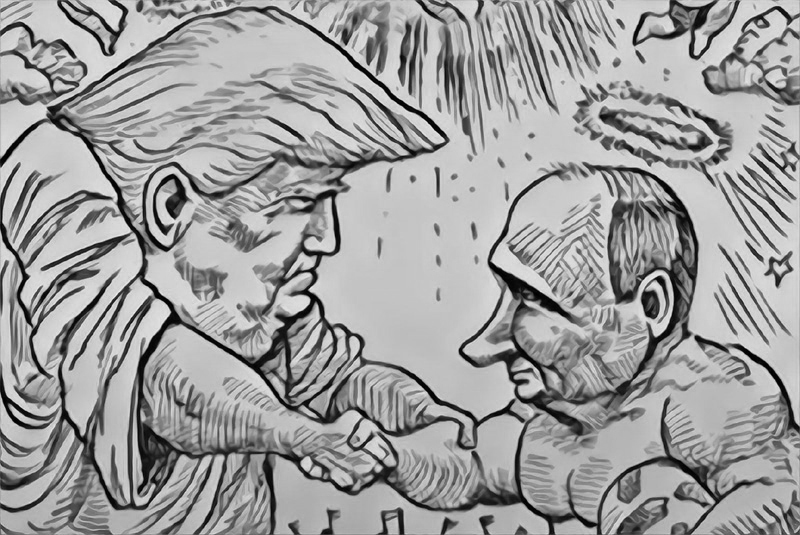The first Trump term has seen a gradual breakdown of the bipartisan norm against interference in America’s domestic politics. Today the Democrats are still concerned about limiting foreign interference in domestic politics but the Republicans have, despite asserting greater patriotism, under Trump, come to accept foreign interference as a necessary evil so long as it advances their partisan interests. If Trump is re-elected, America risks seeing even greater penetration of foreign interests into its domestic politics, as the temptation for nations bullied by an emboldened second Trump administration to provide support to Trump’s domestic opponents will be strong, and the temptation for these opponents to accept such support may prove irresistible—especially when faced with the prospect of political extinction.
***
In modern diplomatic history countries that have become hapless arenas for great power competition over political influence were typically small and strategically vital, such as Korea during the Joseon Dynasty, or large but militarily subjugated such as China during the Qing Dynasty. It has been rare for powerful states to become arenas for great power competition, as the overwhelming instinct in modern international politics has been to assert sovereignty against outside interference, and powerful states, by virtue of their strength, have ample capacity to repel outside interference and protect their sovereignty.
The Holy Roman Empire in early modern Europe is an example of a political system that, partly due to the elective nature of its monarchy as well as the highly transactional nature of politics at the time, was relatively permeable to influence from surrounding powers, especially when these powers were militarily strong and politically confident. For example, the election of Leopold I of the Holy Roman Empire was held up for a year due to the objections of Louis XIV through his advisor, Cardinal Mazarin, and it was only after Leopold pledged not to aid the enemies of France that Louis XIV dropped his opposition to his election.
-30-
Copyright©Madras Courier, All Rights Reserved. You may share using our article tools. Please don't cut articles from madrascourier.com and redistribute by email, post to the web, mobile phone or social media.Please send in your feed back and comments to [email protected]











